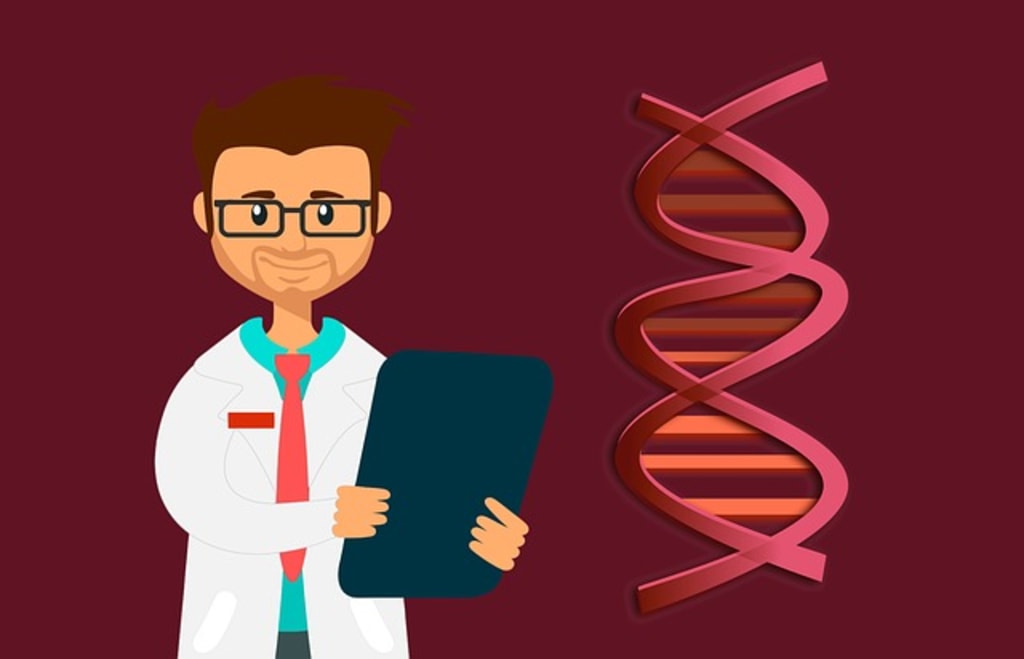Entering the Modern Era of Gene Therapy
Gene Therapy

Gene therapy has been a topic of scientific interest for many years. The idea of manipulating genes to cure or prevent genetic diseases has been a tantalizing prospect for scientists, doctors, and patients alike. However, progress in the field has been slow, and clinical success has been limited. But recent advancements in gene editing and delivery technologies are starting to make gene therapy a reality.
Gene therapy is the process of introducing new or modified genes into a person's cells to treat or prevent a disease. The goal is to correct or replace defective genes that are causing the disease. There are two types of gene therapy: somatic cell gene therapy and germ line gene therapy. Somatic cell gene therapy involves targeting the cells of the body that are affected by the disease, whereas germ line gene therapy targets the reproductive cells, which can be passed on to future generations.
One of the most significant breakthroughs in gene therapy has been the development of CRISPR-Cas9 gene editing technology. CRISPR-Cas9 is a revolutionary gene-editing tool that allows scientists to make precise changes to the genetic code of an organism. This technology has been used in the treatment of several genetic diseases, including sickle cell anemia and beta-thalassemia. In 2019, the US Food and Drug Administration (FDA) approved the use of a CRISPR-Cas9-based gene therapy for the treatment of a rare genetic disorder called spinal muscular atrophy.
Another key advance in gene therapy has been the development of new gene delivery technologies. In the past, gene therapy relied on viruses to deliver the new genes to the cells. However, this approach had limitations, as the viruses could trigger an immune response or cause other side effects. Now, new technologies such as lipid nanoparticles and adeno-associated viruses (AAVs) are being used to deliver the new genes more safely and effectively.
The use of gene therapy is expected to grow rapidly in the coming years. The market for gene therapy is projected to reach $10 billion by 2025, up from $3.8 billion in 2020. This growth is being driven by the increasing number of clinical trials and FDA approvals for gene therapies, as well as the growing interest from pharmaceutical companies and investors.
One of the most promising areas for gene therapy is in the treatment of cancer. Gene therapy can be used to target the genetic mutations that cause cancer, and it can also be used to boost the body's immune system to fight the cancer. CAR-T cell therapy is a type of gene therapy that has shown great promise in the treatment of some forms of leukemia and lymphoma. In this therapy, T-cells (a type of immune cell) are extracted from the patient and genetically modified to recognize and attack cancer cells. The modified T-cells are then infused back into the patient's body.
Another area of potential for gene therapy is in the treatment of rare genetic diseases. These diseases are caused by mutations in a single gene, and they often have no cure. Gene therapy can be used to replace or correct the defective gene, potentially providing a cure. In 2017, the FDA approved the first gene therapy for a rare genetic disease called severe combined immunodeficiency (SCID). This therapy involves extracting the patient's bone marrow cells, genetically modifying them to correct the defective gene, and then infusing the modified cells back into the patient's body.
While gene therapy holds great promise, there are still challenges that need to be addressed. One challenge is the cost of gene therapy. Some gene therapies cost hundreds of thousands of dollars per treatment, making them inaccessible to many patients. Another challenge is the potential for off-target effects, where the new genes may accidentally interfere with other genes, causing unintended consequences. Finally, there are ethical concerns around germ line gene therapy, as it





Comments (1)
Nice insights ❤️😉